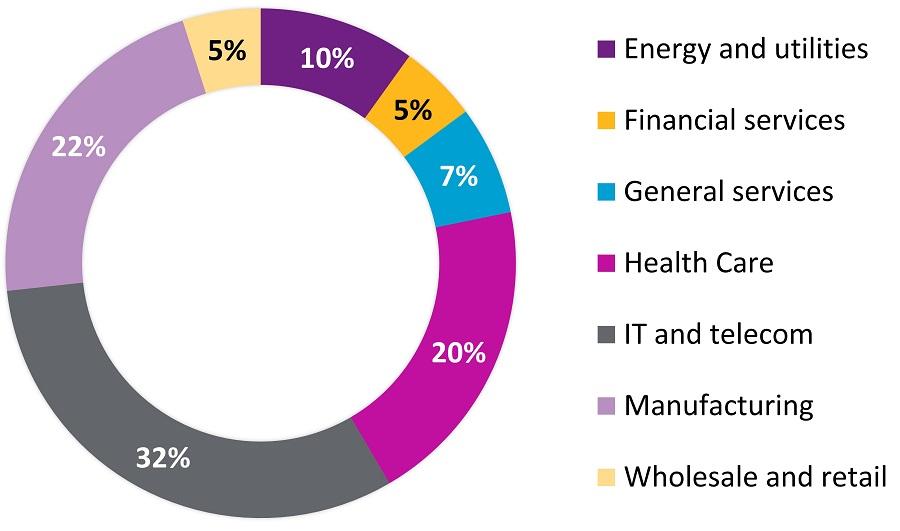Research findings are based on responses from 41 organizations in The Netherlands employing 180k employees. The survey fielded between October 6 and 21, 2020.

In the face of the uncertainties brought by the pandemic, employers responded by embracing workplace flexibility and prioritizing organizational resilience and agility. Our Flexible Work and Rewards Survey: 2021 Design and Budget Priorities, which fielded between October 6 and 21, 2020, takes a close-up look at the current and expected future state of flexible work arrangements as well as the implications for rewards and benefit programs.
Respondents to the survey indicate more than seven in 10 workers (76%) are currently telecommuting/working from home, and they expect 65% of their workers to be doing so through the first quarter of 2021. Yet despite this significant pivot to flexible work arrangements, nearly half of organizations do not have a formal policy or set of principles to manage these arrangements, and nearly a quarter (22%) have just put such a policy in place this year.
While safety concerns will remain the primary reason for offering alternative work arrangements into the first quarter of 2021, an increasing number of employers also expect to enhance productivity, retention and employee engagement through these arrangements.
Additionally, alternative work arrangements are prompting employers to rethink their approach to Total Rewards. Roughly two fifths of employers (41%) indicate that the new work requirements necessitate a hybrid reward model. Two fifths (41%) of organizations appear to be embracing flexible work and about one third (34%) are aligning some benefits with this philosophy.
Most organizations do not expect flexible work policies to substantially affect pay and benefit budgets over the next three years; however, less than 39% of employers expect reductions in real estate expenses, and 68% anticipate a decrease in commuting expenses during this period. While some of these savings will be offset by increases in subsidies around items such as computer equipment and wireless devices, organizations have an opportunity to reinvest these savings in reward and benefit programs to help meet employees where they are.
The ability to shape a flexible workplace that meets the needs of their employees will help organizations persevere and prosper in an evolving, pandemic-altered world of work.
“As companies continue to evaluate the cost benefits of alternative work arrangements, many indicate that the workplace changes as a result of the pandemic are here to stay. Employers that are able to create and manage a flexible workplace through automation and adaptable policies while reinforcing an enhanced employee experience will not only meet the needs of their employees but be better positioned to compete in the new world of work,” said Antoinette Lefevre-Stevens, Benelux Talent & Rewards Leader, Willis Towers Watson.
“Employers that create a flexible workplace with automation, adaptable policies and an enhanced employee experience will be better positioned to compete in the new world of work.”
Antoinette Lefevre-Stevens | Benelux Talent & Rewards Leader, Willis Towers Watson
* Percentages indicate “to a great or very great extent.”
** Percentages for organizational and manager effectiveness indicate “to a great or very great extent.”
| Title | File Type | File Size |
|---|---|---|
| Flexible Work and Rewards Survey - Highlights of key findings, Netherlands | .6 MB |